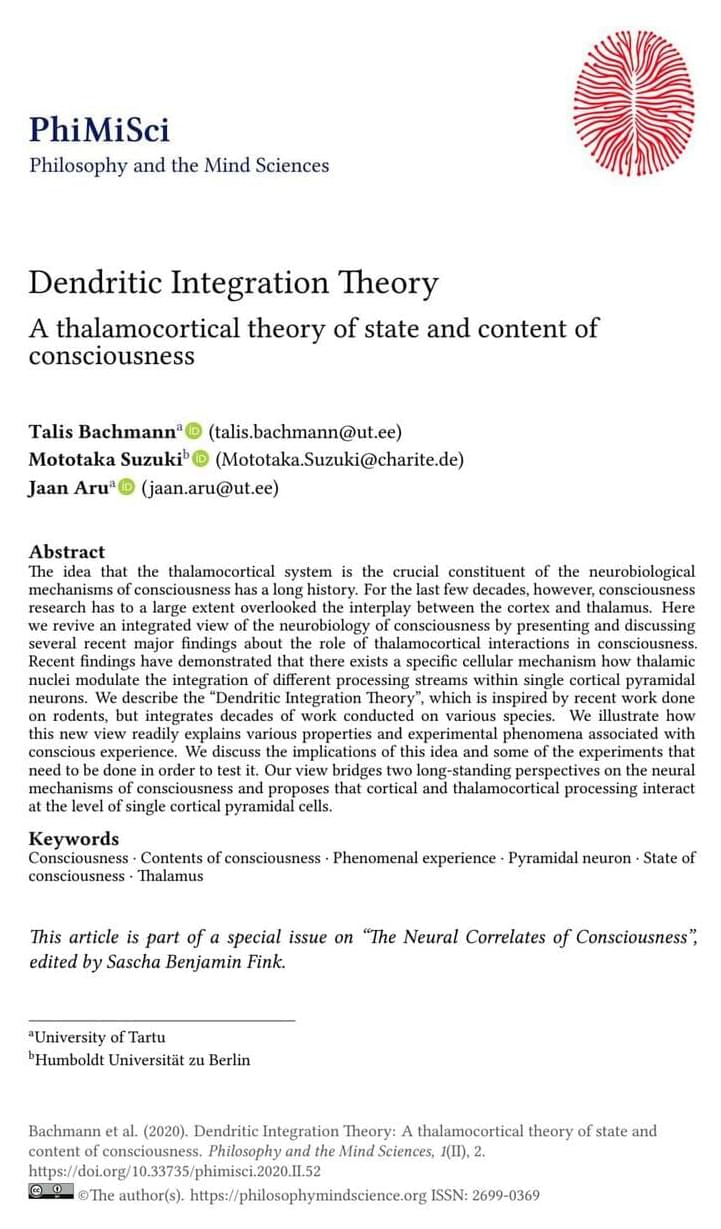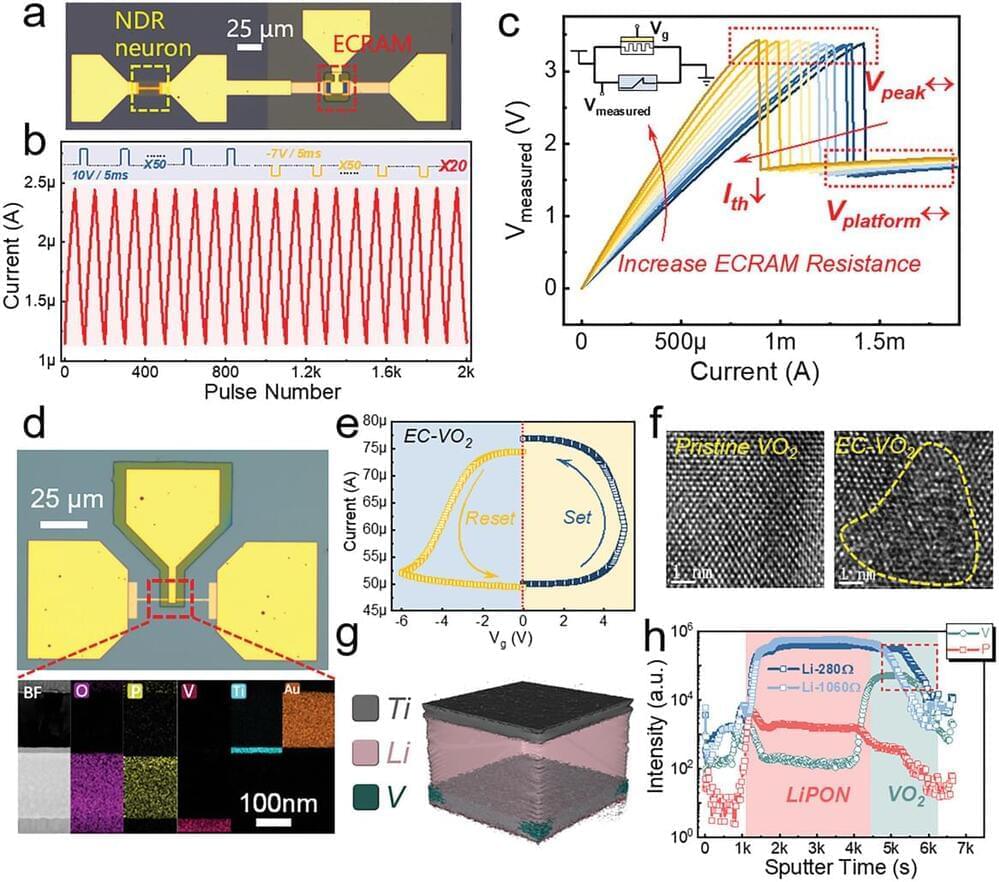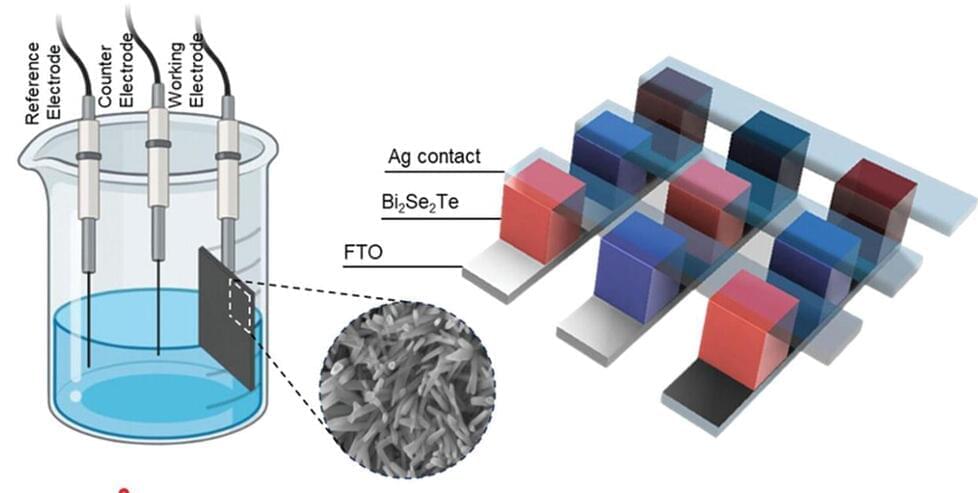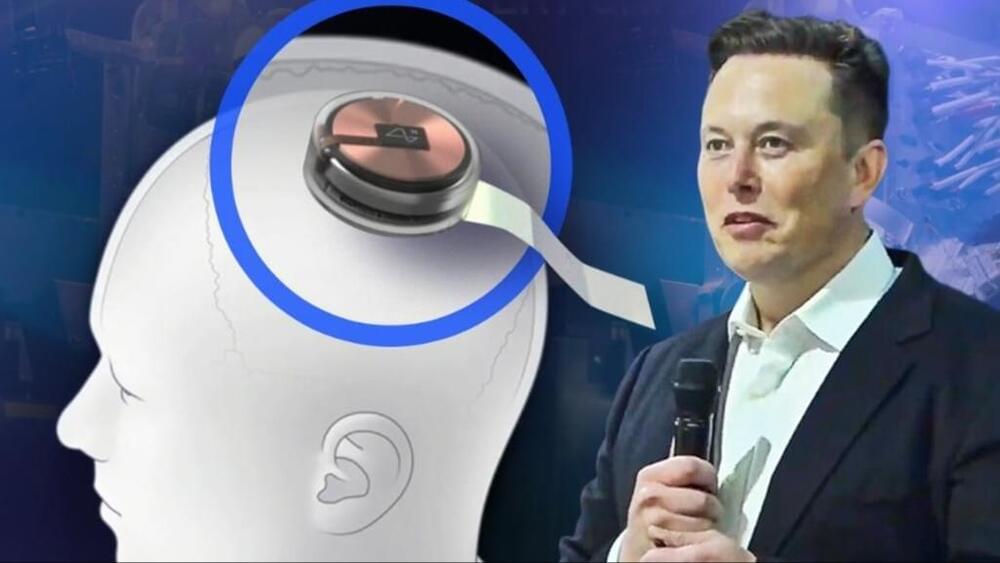Dendritic integration theory of consciousness.
Shared with Dropbox.

I love the first line.
In this video I spoke with Rupert Sheldrake about the science experiments that will change the world, taking us from morphic resonance, telepathy to aging research.
Find out about Rupert here:
www.sheldrake.org.
/ rupertsheldrakephd.
Proc Royal Soc B aging paper discussed: https://www.sheldrake.org/files/pdfs/.…
Find me on Twitter — / eleanorsheekey.
Support the channel.


Alex Rosenberg is the R. Taylor Cole Professor of Philosophy at Duke University. His research focuses on the philosophy of biology and science more generally, mind, and economics.
/ friction.
/ discord.
/ frictionphilo.
00:00 — Introduction.
01:47 — Scientism.
05:16 — Naturalism.
08:08 — Methodological or substantive?
09:40 — Eliminativism about intentionality.
11:50 — Moorean shift.
13:28 — Arguments against eliminativism.
21:19 — Papineau on intentionality.
25:43 — Consciousness.
29:29 — Companions in guilt.
31:30 — Fodor and natural selection.
37:26 — No selection for?
38:16 — Properties.
39:21 — Selection for/against.
40:34 — Selection for long necks in giraffes.
42:26 — Speaking with the vulgar?
44:26 — Selection against as intensional.
47:12 — Function and selection for.
49:11 — Skepticism.
50:59 — Example.
52:06 — Mereological nihilism.
53:23 — Value of philosophy.
55:22 — Nihilism?
1:00:03 — Conclusion.
Music: PaulFromPayroll — High Rise
Discussion at the Moving Naturalism Forward workshop, October 2012. Participants include Sean Carroll, Jerry Coyne, Richard Dawkins, Terrence Deacon, Simon DeDeo, Daniel Dennett, Owen Flangan, Rebecca Goldstein, Janna Levin, David Poeppel, Massimo Pigliucci, Nicholas Pritzker, Alex Rosenberg, Don Ross, and Steven Weinberg.
Visit https://www.preposterousuniverse.com/.… for more information.
Episode Disclaimer — The views presented in this episode are those of the speaker and do not necessarily represent the views of the United States Department of Defense (DoD) or its components.
Dr. Diane DiEuliis, Ph.D. is a Distinguished Research Fellow at National Defense University (NDU — https://www.ndu.edu/), an institution of higher education, funded by the United States Department of Defense, aimed at facilitating high-level education, training, and professional development of national security leaders. Her research areas focus on emerging biological technologies, biodefense, and preparedness for biothreats. Specific topic areas under this broad research portfolio include dual-use life sciences research, synthetic biology, the U.S. bioeconomy, disaster recovery, and behavioral, cognitive, and social science as it relates to important aspects of deterrence. Dr. DiEuliis currently has several research grants in progress, and teaches in foundational professional military education.
Prior to joining NDU, Dr. DiEuliis was Deputy Director for Policy, and served as Deputy Assistant Secretary for Policy and Planning in the Office of the Assistant Secretary for Preparedness and Response (ASPR), Department of Health and Human Services. She coordinated policy and research in support of domestic and international health emergencies, such as Hurricane Sandy, and Ebola outbreaks. She was responsible for implementation of the Pandemic All-Hazards Preparedness Act, the National Health Security Strategy, and supported the Public Health Emergency Medical Countermeasures Enterprise (PHEMCE).
From to 2007 to 2011, Dr. DiEuliis was the Assistant Director for Life Sciences and Behavioral and Social Sciences in the Office of Science and Technology Policy (OSTP) in the Executive Office of the President. During her tenure at the White House, she was responsible for developing policy in areas such as biosecurity and biodefense, synthetic biology, social and behavioral science, scientific collections, and biotechnology. Dr. DiEuliis also worked to help coordinate agency response to public health issues such as the H1N1 flu.
Prior to working at OSTP, Dr. DiEuliis was a program director at the National Institutes of Health (NIH), where she managed a diverse portfolio of neuroscience research in neurodegenerative diseases. She completed a fellowship at the University of Pennsylvania in the Center for Neurodegenerative Disease Research and completed her postdoctoral research in the NIH Intramural research program, where she focused on cellular and molecular neuroscience.
Dr. DiEuliis is a National Merit Scholar, and has a Ph.D. in biology from the University of Delaware in Newark, Delaware. She is the author of over 70 publications.

Understanding the biological processes of getting older could help us lead longer lives, and stay healthier later in life – and a new study links the speed at which our brain ages with the nutrients in our diets.
Researchers from the University of Illinois and the University of Nebraska-Lincoln mapped brain scans against nutritional intake for 100 volunteers aged between 65 and 75, looking for connections between certain diets and slower brain aging.
They identified two distinct types of brain aging – and the slower paced aging was associated with nutrient intake similar to what you would get from the Mediterranean diet, shown in previous studies to be one of the best for our bodies.
The Neuralink and X.AI founder thinks Microsoft has gone too far with its AI-powered ‘Recall’ feature.
